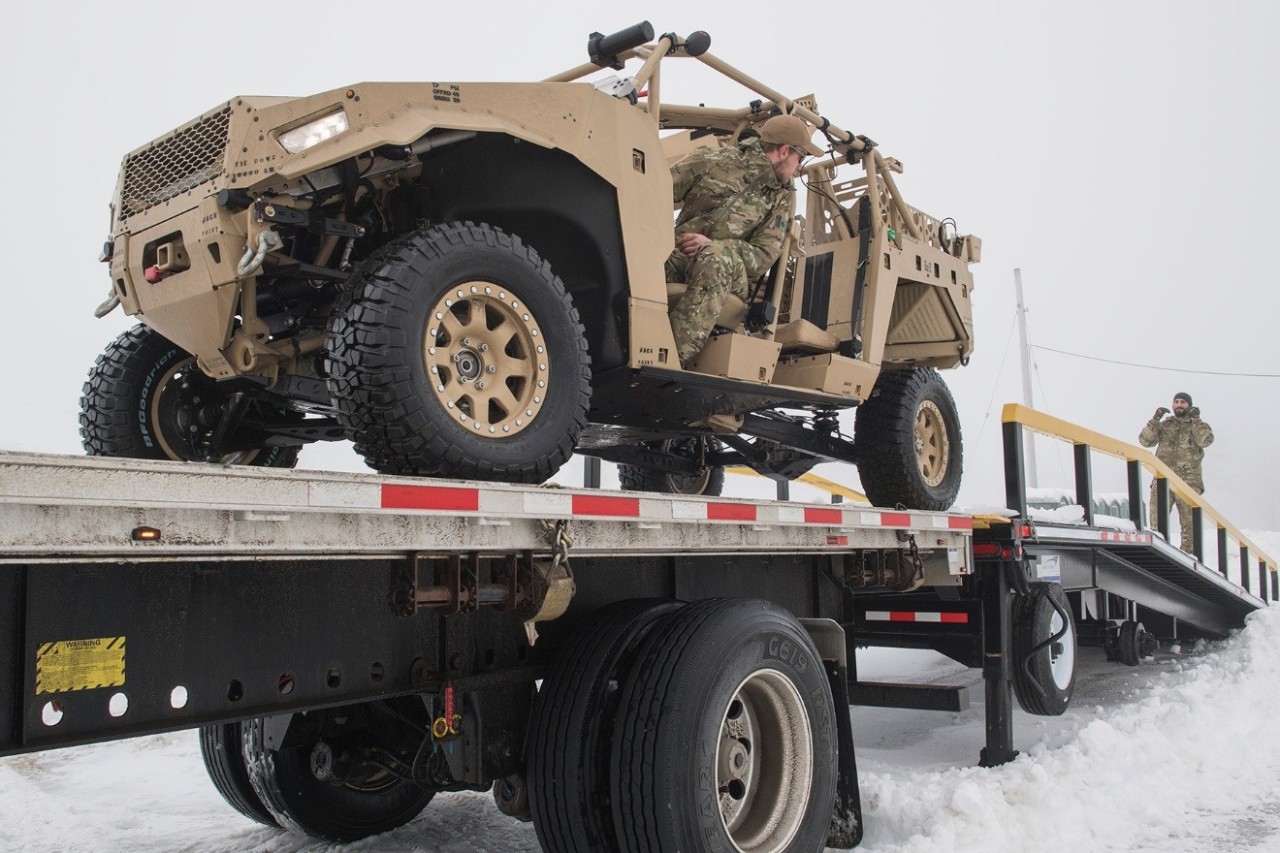In this episode, the HMCS Athabaskan to be dismantled by July 2019, delivery of the first Ultra-Light Combat Vehicle is underway and Canadian forces getting ready for an operation in Nunavut’s High Arctic.
Show Notes:
Public Services and Procurement Canada recently awarded a contract valued at $5.7m to Marine Recycling Corporation for the disposal of the Royal Canadian Navy’s (RCN) former Iroquois-class destroyer, HMCS Athabaskan.
As part of the contract, the company is responsible for towing the vessel to its facility located in Sydney, Nova Scotia. At this location, Marine Recycling will then demilitarise equipment, remedy hazardous waste and recycling of any remaining materials.
ULCV
The Canadian Special Operations Forces Command (CANSOFCOM) has accepted delivery of its first Ultra-Light Combat Vehicles (ULCV). These vehicles, which were procured from Polaris Industries Limited.
In December 2016, the Government of Canada announced a contract valued at $20.6M to Polaris Industries Limited for the acquisition of 52 ULCV along with the option to procure an additional 26 vehicles over a two-year period at an additional cost.
CAF’s Nunavut Exercise
The Canadian Armed Forces has many plans already in place for its annual Nunalivut spring sovereignty exercise, which the Nunavut Impact Review Board is now reviewing.
Every year since 2007, the military, backed by the Canadian Rangers, has headed north to test its soldiers and equipment in cold weather conditions.
This year, according to a Department of Defence submission to the NIRB, most of the exercises during will take place in Cambridge Bay, the home of the Canadian High Arctic Research Station, with some planned for Resolute Bay, where the Canadian Armed Forces Arctic Training Centre is located.
